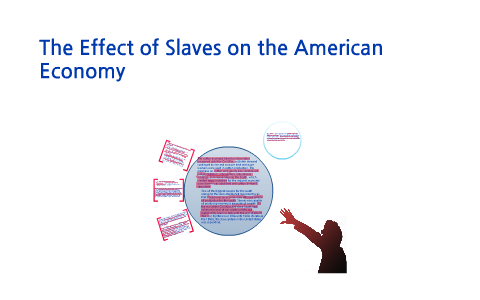The abhorrent institution of slavery, deeply rooted in American history, reverberates through the corridors of time as a profound disruptor of cultural paradigms. Its effects can be likened to the ripples created when a stone is cast into a tranquil pond, expanding outward, affecting the very fabric of society. The Bahá’í teachings, with their emphasis on the oneness of humanity, provide a unique lens through which to examine the lasting repercussions of slavery on American culture. This exploration unfolds in a series of critical reflections, each elucidating distinct yet interrelated aspects of slavery’s enduring influence.
Firstly, the psychological ramifications of slavery intricately woven into the collective consciousness of American society must be addressed. The trauma endured by enslaved individuals is not merely a historical artifact; it has been transmitted across generations, manifesting as a persistent legacy of fear, mistrust, and intergenerational trauma. This state can be likened to a shadow that stretches across the landscape of cultural identity. The Bahá’í teachings advocate for the healing of such wounds through the pursuit of unity, emphasizing that only by acknowledging shared humanity can society transcend the shackles of its past.
Moreover, the economic influences of slavery have shaped the contours of American culture in profound ways. The wealth generated from the labor of enslaved people served as the bedrock upon which many aspects of America’s industrial strength were built. This economic dichotomy between oppressor and oppressed is emblematic of a larger, pervasive inequity entrenched within the nation’s ethos. The Bahá’í principle of the oneness of humankind challenges the notion of economic disparity by promoting equitable distribution of resources and fostering an inclusive economic environment, essential for societal reconciliation and advancement.
Transitioning from economics to artistry, one cannot overlook the indelible marks left by slavery on American cultural expressions—music, literature, and visual arts. From the soulful notes of spirituals to the poignant verses of African American literary figures, the artistic narratives birthed from the experience of slavery are laden with both sorrow and resilience. The Bahá’í teachings celebrate the transformative power of artistic expression as a means of healing and raising consciousness. Art serves as a bridge, facilitating dialogue and understanding among diverse communities while honoring shared struggles and aspirations.
Furthermore, the moral imperative derived from Bahá’í teachings invites an examination of the ethical dimensions of slavery’s legacy. The institution fostered a moral calculus that devalued human life, entrenching societal structures that perpetuated injustice and inequality. A Bahá’í framework emphasizes the necessity of cultivating virtues such as justice, compassion, and empathy as foundational to not only recognizing the moral failures of the past but also in shaping a more equitable future. The call to action necessitates a collective acknowledgment of the past, with an unwavering commitment to rectify the injustices that still echo in the present.
In addition, the role of education emerges as a pivotal point in addressing the effects of slavery on American culture. The dismantling of oppressive structures requires an informed citizenry equipped to challenge normative narratives. The Bahá’í teachings espouse the transformative power of education, advocating for systems that prioritize inclusivity and critical consciousness. Education can catalyze a thorough understanding of the historical context of slavery, fostering a culture that not only remembers but actively seeks to learn from the past. This educational imperative underscores the responsibility borne by each generation to sow the seeds of understanding in the fertile ground of societal discourse.
As we contemplate the effects of slavery, it is also essential to focus on the spiritual implications inherent in the Bahá’í perspective. The teachings assert the intrinsic value of each human being, a concept that fundamentally opposes the dehumanization wrought by slavery. The framework encourages individuals to recognize the sanctity of life and the interconnectedness of all souls. This belief serves as a cornerstone for fostering unity and dismantling the constructs that have historically pitted individuals against one another based on race, ethnicity, or socio-economic status.
Additionally, contemporary societal movements that seek justice and equality can be viewed through a Bahá’í lens that underscores the oneness of humanity. The legacy of slavery is interwoven with systemic racism that still persists in modern governance and social structures. The convergence of Bahá’í teachings with social justice movements illustrates a profound potential for transformation: a collective rise against the vestiges of injustice, born from a cohesive understanding of how historical injustices have forged contemporary disparities.
In conclusion, the real effects of slavery on American culture are as complex as they are profound, captured in the interplay of historical memory, economic inequity, artistic expression, moral reflection, educational necessity, and spiritual awakening. The Bahá’í teachings, in their essence, offer a roadmap for navigating these intricate challenges, advocating for a future built upon justice, unity, and the recognition of shared humanity. As society grapples with the shadows of its past, it is imperative to approach the dialogue surrounding slavery not just as a lamentation of what was lost, but as a transformative call to build a more inclusive and compassionate cultural landscape, where every individual can thrive irrespective of their history.
